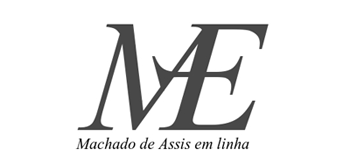Abstract
This essay explores the growth of the field of Latin American literature in translation in the U.S. from the second World War through the 1970s. In particular, I focus on how private actors such as publishers, translators, and philanthropic organizations strategically pushed to translate literature from the region as a mode of book diplomacy, whereby publications are subsidized, translated, and disseminated as means of establishing goodwill with their authors and advocates, and, ultimately, with their Latin American compatriots. I begin by examining publisher Alfred A. Knopf's efforts to translate Latin American literature, while also exploring the translation and cultural diplomacy efforts of Harriet de Onís, Knopf's main translator for Spanish and Portuguese from 1950 through the late 1960s. Subsequently, I discuss two translation subsidy programs from the 1960s and 1970s that were founded by different Rockefeller philanthropies with an eye towards casting the U.S. and the democratic system in a positive light for Latin American writers at a time when revolutionary fervor and anti-Americanism were running high in the region. In each case, Brazilian literature and authors-including, of course, Machado de Assis-play a prominent role. I end with a brief discussion of how the move to translate Machado de Assis into English in the U.S. in the early 1950s fits into this broader panorama-or doesn't.
Keywords:
Latin American Boom; U.S. philanthropic organizations; Cold War cultural diplomacy; Machado de Assis
